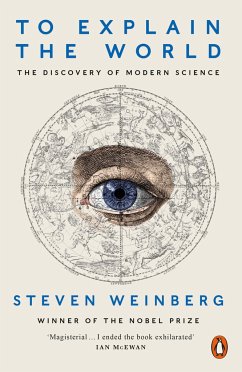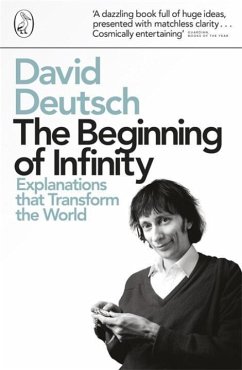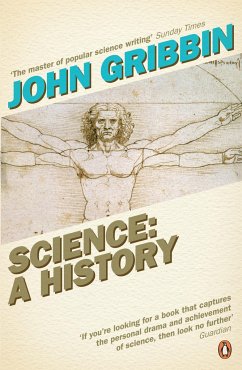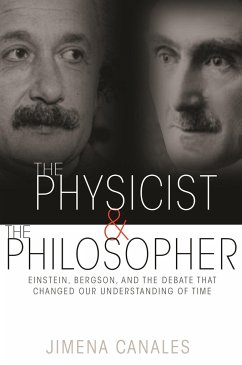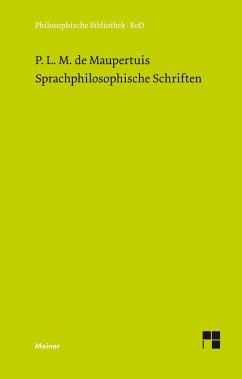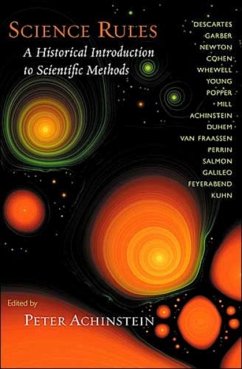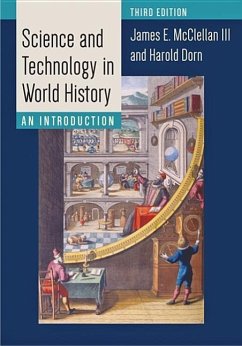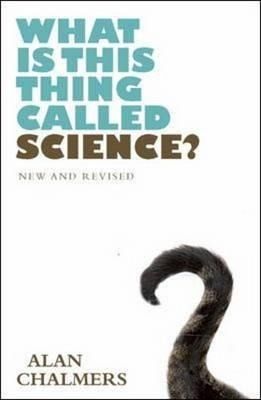
Alan Chalmers
Broschiertes Buch
What is This Thing Called Science?
Versandkostenfrei!
Versandfertig in 2-4 Wochen

PAYBACK Punkte
24 °P sammeln!




A new edition of a classic text in the philosophy of science illuminating the major developments in the field.
Alan Chalmers is Adjunct Associate Professor at the University of Sydney, where he taught from 1971, first in the School of Philosophy, and from 1987 in the Unit for the History and Philosophy of Science, which he was instrumental in setting up. Born in Bristol, UK, in 1939, he graduated in physics at the University of Bristol in 1961, and received an MSc in physics from the University of Manchester in 1964. He taught physics and the history of science for two years before returning to full-time study at the University of London, where he received his PhD in history and philosophy of science in 1971. He was elected a Fellow of the Academy of Humanities in 1997 and was a Visiting Scholar in the Philosophy Department at Flinders University from 2000 to 2010.
Produktdetails
- Verlag: McGraw-Hill Higher Education / Open University Press
- 4th ed.
- Seitenzahl: 316
- Erscheinungstermin: 16. Juni 2013
- Englisch
- Abmessung: 197mm x 131mm x 28mm
- Gewicht: 326g
- ISBN-13: 9780335262786
- ISBN-10: 0335262783
- Artikelnr.: 37632295
Herstellerkennzeichnung
Libri GmbH
Europaallee 1
36244 Bad Hersfeld
gpsr@libri.de
Für dieses Produkt wurde noch keine Bewertung abgegeben. Wir würden uns sehr freuen, wenn du die erste Bewertung schreibst!
Eine Bewertung schreiben
Eine Bewertung schreiben
Andere Kunden interessierten sich für


